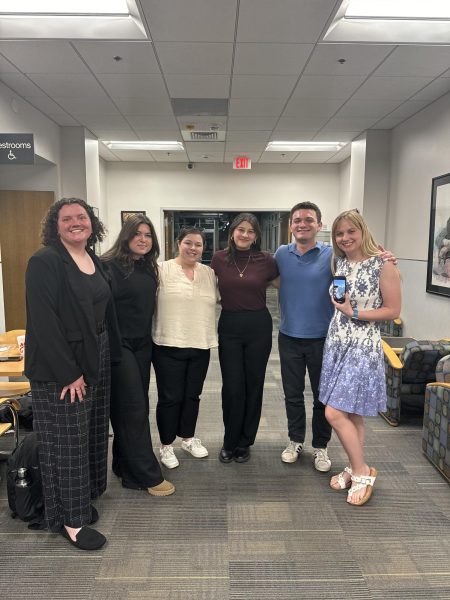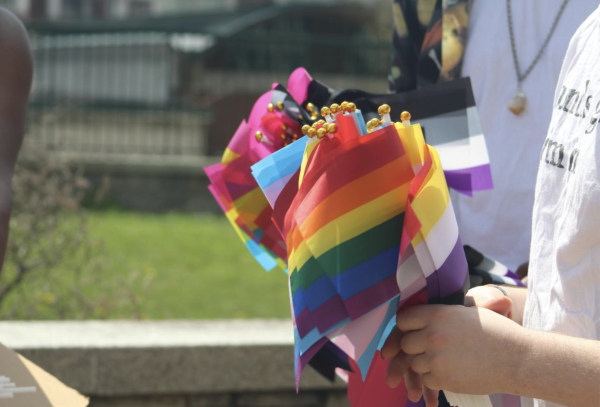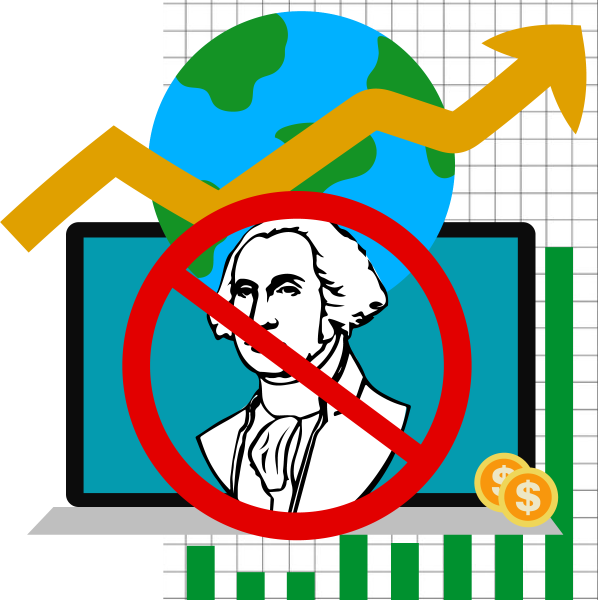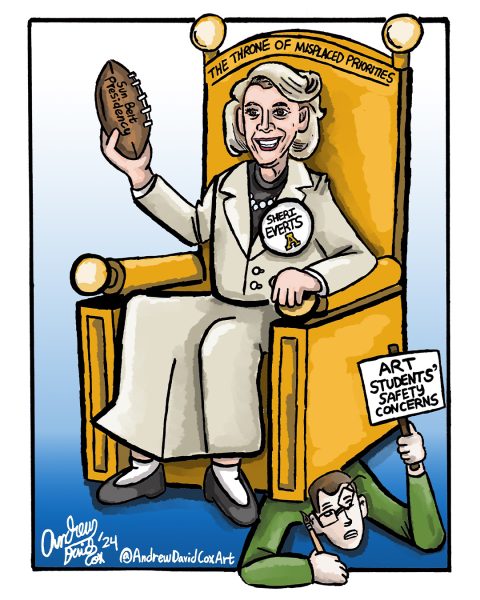OPINION: Plastic toothbrushes: a wasted opportunity
September 5, 2019
Toothbrushes are the first thing most of us use in the morning and the last thing most of us use before bed. They’re important for human hygiene, a very profitable invention and an incomprehensibly large portion of plastic waste produced worldwide, contaminating our beaches, landfills and marine life.
“A whopping 91% of plastic isn’t recycled,” wrote Laura Parker, a specialist in climate change and marine environments for National Geographic. According the N.C. Division of Environmental Assistance and Customer Service, the cost of plastic waste in North Carolina alone is just over $41,411,600 each year. Plastic bags, straws and bottles are the standard culprits.
Sustainability is a focus at App State. Most students limit their waste by switching to reusable straws, bags and water bottles. But, in the battle against our nation’s trash problem, even the smallest opportunities for change are important.
The average person replaces their toothbrush every few months. According to Boie USA, a sustainable personal hygiene company, disposable toothbrushes create 50 million pounds of waste a year.
Electric plastic toothbrushes are no better; the bulky base proves even harder to dispose. On average, each toothbrush takes approximately 400 years to properly degrade. They’re found in turtles, seals, whales and marine mammals all over the world.
Getting rid of your toothbrush seems radical, but there are plenty of alternatives. Companies, such as Boie USA, offer antibacterial, revolutionary thermoplastic, 100% recyclable brushes that rarely need replacing.
Foreo, a skincare company, has an electric toothbrush that only needs charging twice a year, made with similar biodegradable material.
For those who prefer a more rigorous brush, bamboo toothbrushes are available in almost any drugstore or supermarket, and, of course, online. Bamboo decomposes much faster than plastic, creating a safer, green alternative.
Combating single-use toothbrushes would have been a daunting task a few years ago when sustainability was still a niche interest among most Americans. But, thanks to social media, low-waste lifestyles have skyrocketed in popularity.
Now, sustainable alternatives for toothbrushes exist almost anywhere you can purchase plastic ones. They are far better for the environment, and ultimately, every little change matters.


















